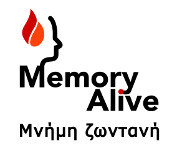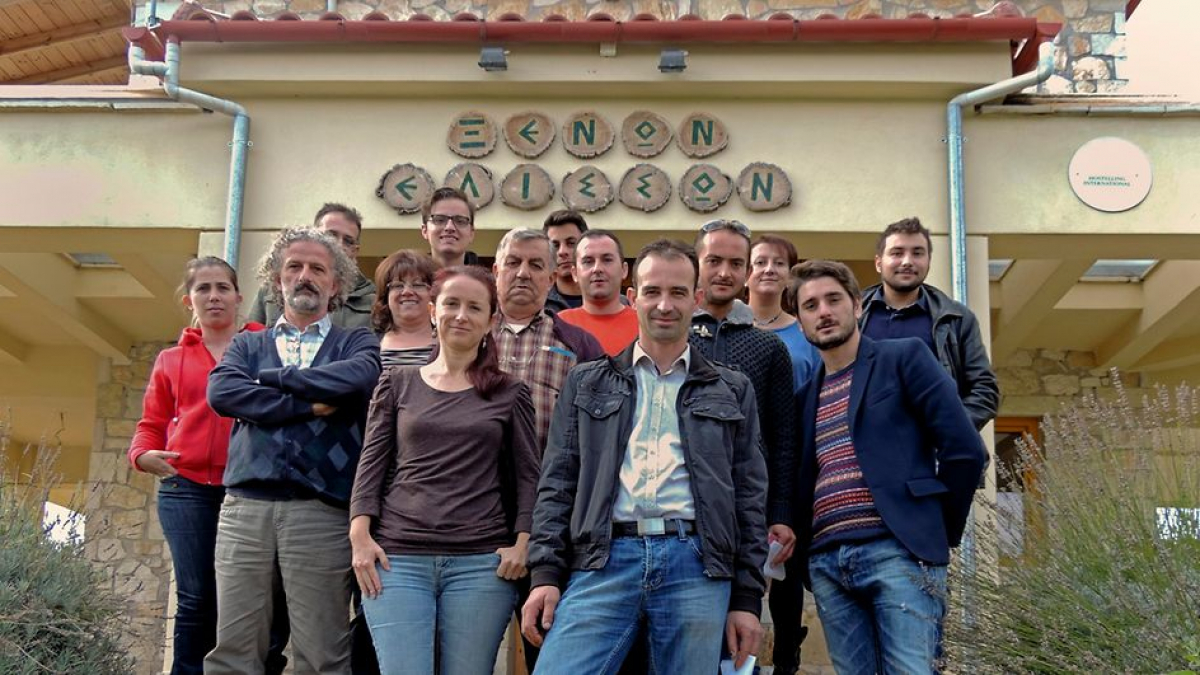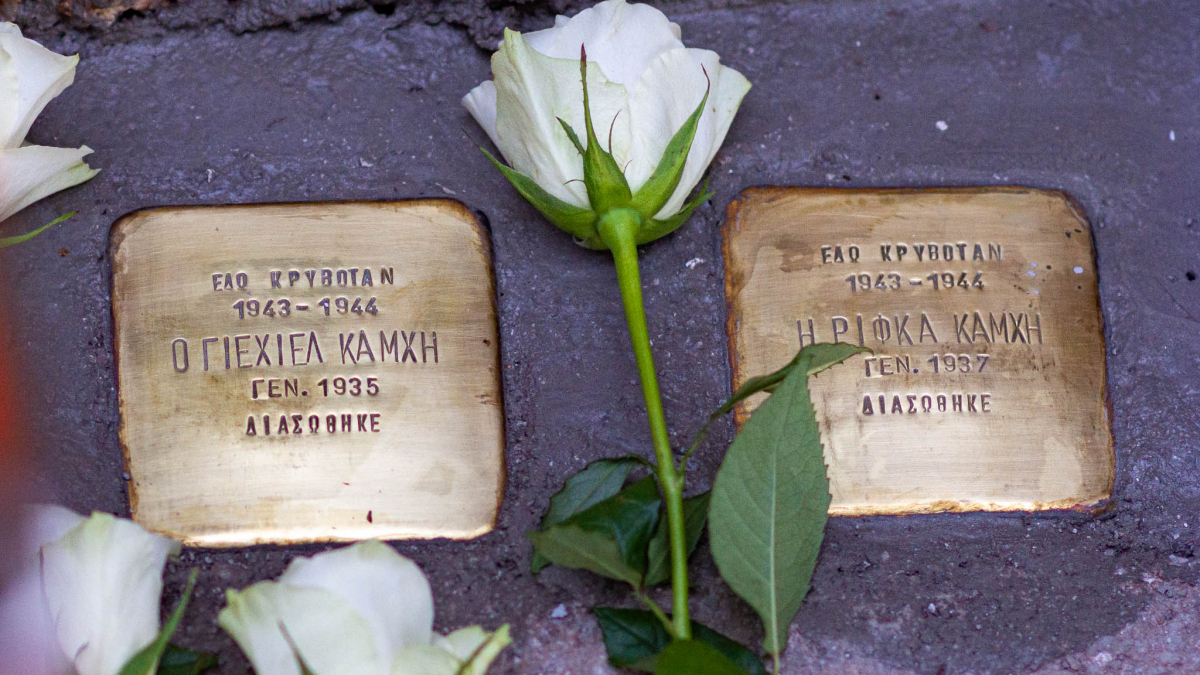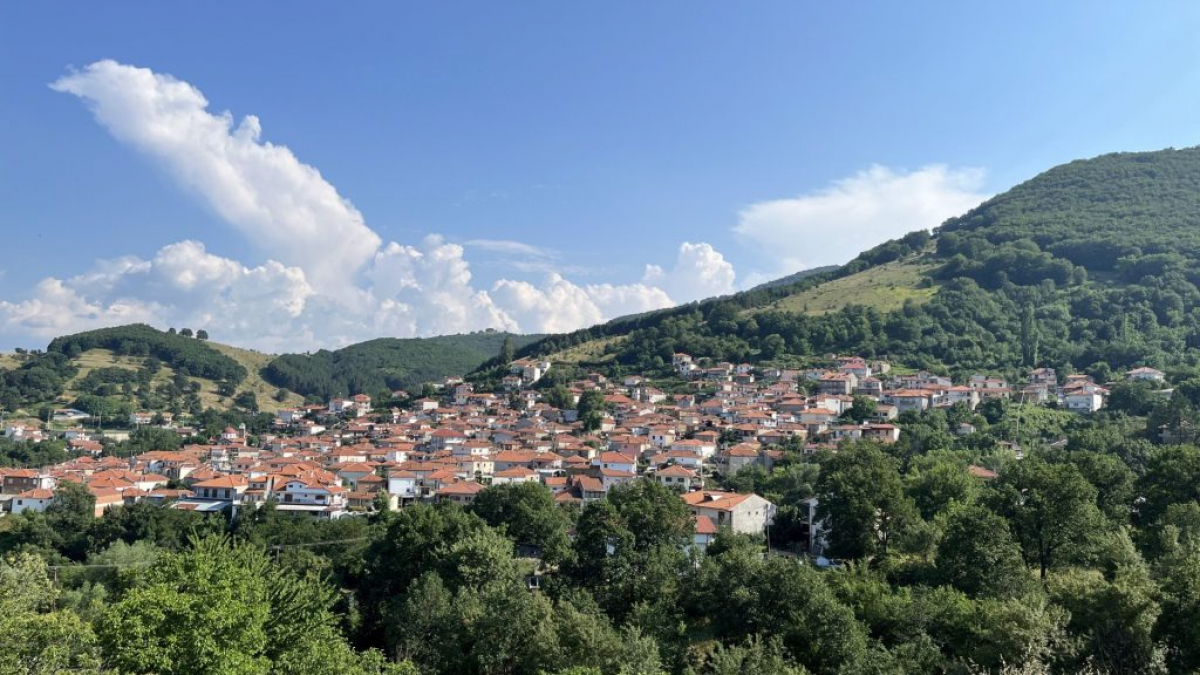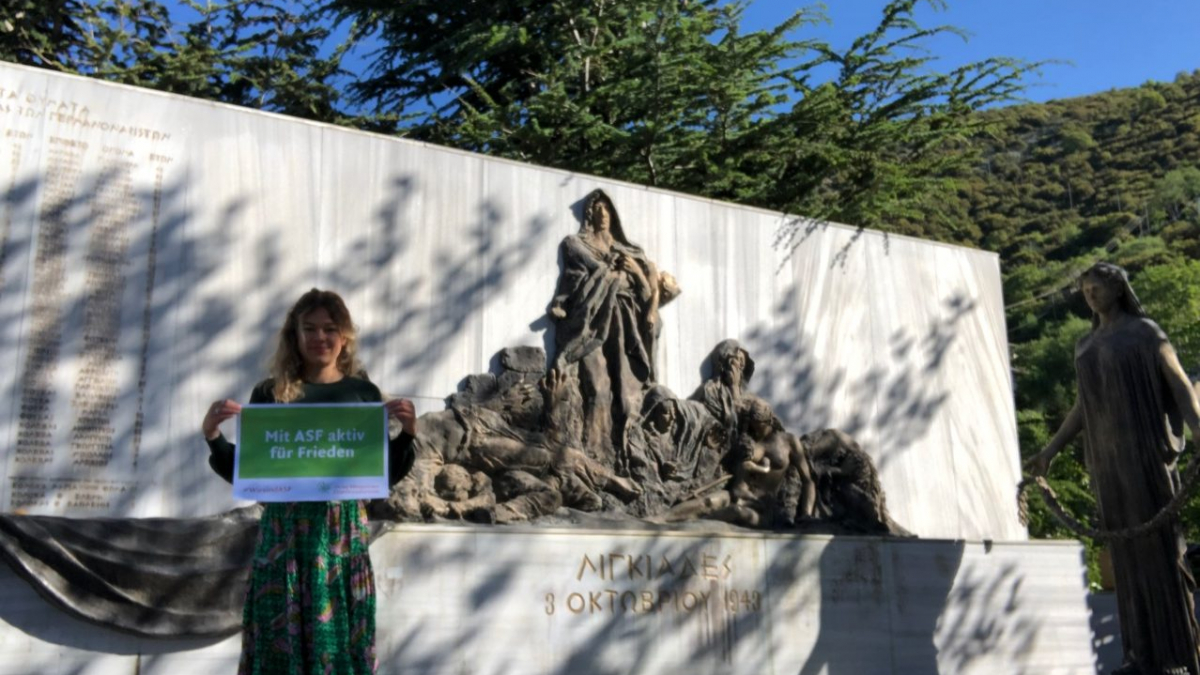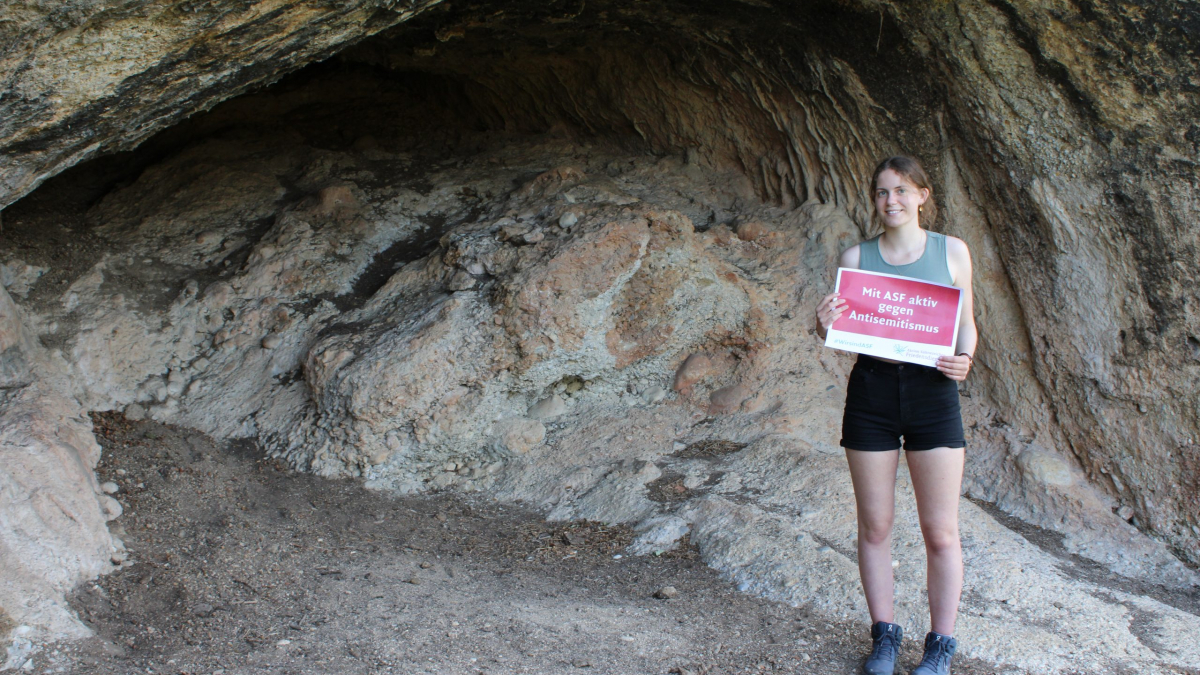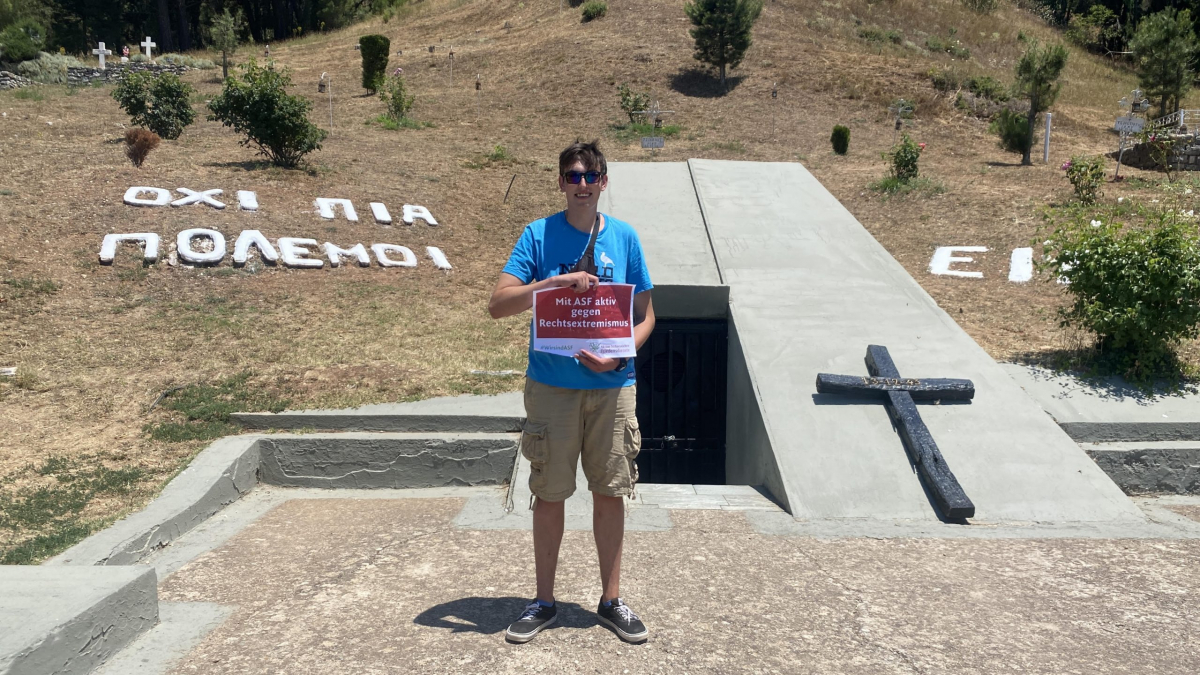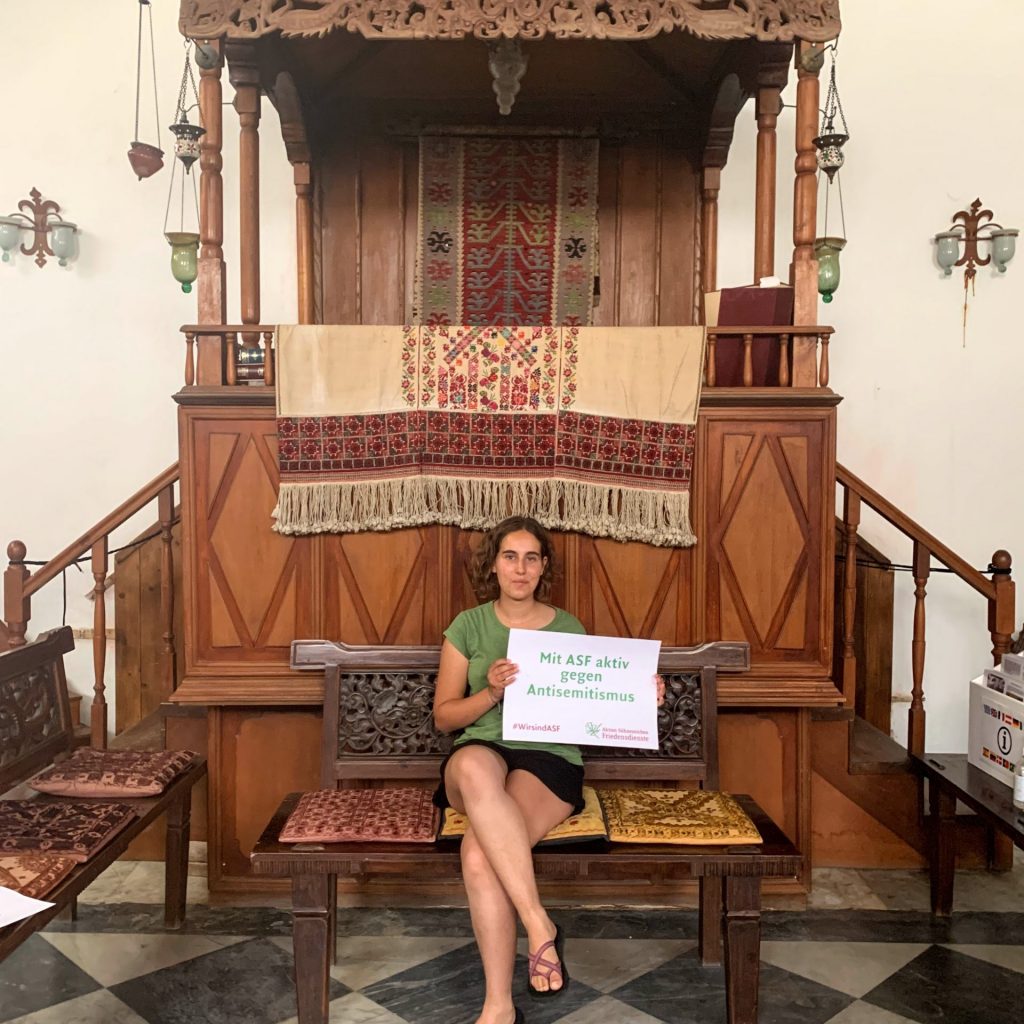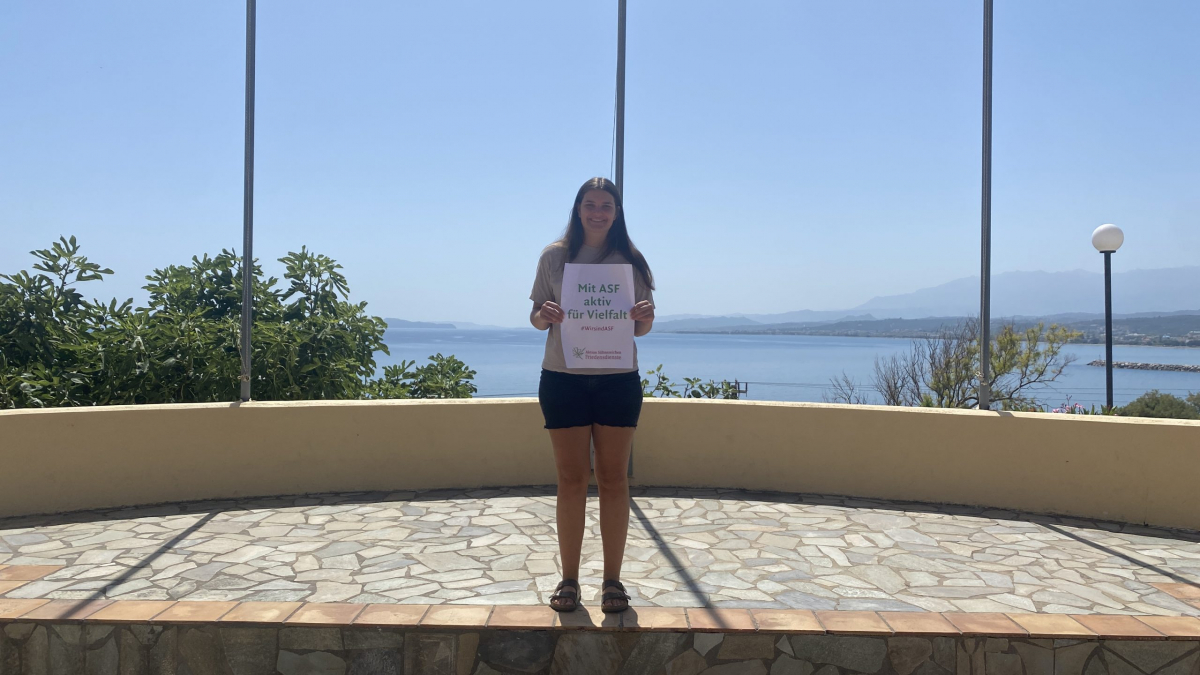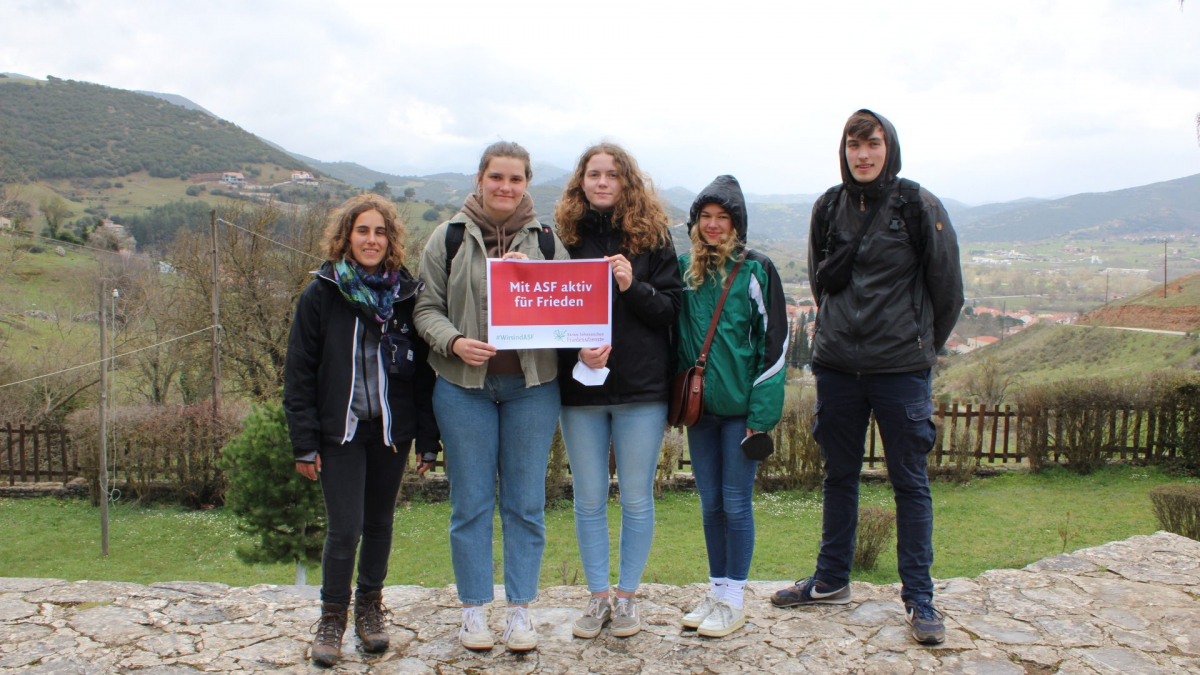A pilot seminar like no other (Youth exchanges and youth work for multipliers from Greek martyr communities) There are more than 100 martyr communities in Greece. These communities are regarded as places of horror and suffered under the German Nazi occupation. All of them carry great signifi ...
Stumbling Stones in Kryoneri
“A person is only forgotten when his or her name is forgotten” – Gunter Demning The German artist Gunter Demnig initiated the project “stumbling stones”, which aims to commemorate the fate of people who were persecuted, murdered, deported, expelled or driven to suicide during the period of Nati ...
Cultural Association Profitis Ilias Lechovo (Western Macedonia)
Lechovo, a village near by the small towns Kastoria and Florina, is located in the middle of the northern Greek mountains of Western Macedonia in a beautiful hiking region at an altitude of about 900 meters. It is known for the highly developed stonemasonry and bricklaying craft of its habitants. T ...
Cultural Association Ligiades and Jewish Community Ioannina
Ioannina is the capital of the northwestern region of Epirus with more than 100.000 inhabitants. The city was and is a center of Romaniotic Jews. They are Greek-speaking and their ancestors lived in Greece since the Hellenistic period. Since the 9th century there has been a Jewish community in Ioan ...
FILOXENIA in Kryoneri Korinthias (Peloponnese)
The association FILOXENIA - Intercultural-Environmental Organization - was founded in 1995. It combines many years of intercultural experience with educational work in the fields of ecology, history and politics.FILOXENIA participated in numerous European and national programs and youth trainings a ...
Municipal Museum of Kalavritan Holocaust
The small town Kalavryta is located 30 kilometers from the northern coast of the Peloponnese in a mountainous region characterized by tourism. This area is known for many ski slopes and beautiful hiking paths.Kalavryta is one of the recognized martyr communities of Greece. In mid-October 1943, the ...
Etz Hayyim Synagogue in Chania
ASF volunteer Carleen sitting in front of a bimah in the Etz Hayyim Synagogue Until 1999, Etz Hayyim was a desecrated house of prayer, which remained the only Jewish monument in Crete after the destruction of the Jewish community in 1944. It stood as a monument to the National Socialist extermi ...
Orthodox Academy of Crete (OAC) in Kolymvari
In the west of Crete, where the destructive “Battle of Crete” raged in 1941, there is the Orthodox Academy of Crete (OAC). In 1968 Irinäus Galanákis, then Metropolitan of Kissamos and Selinon, and his student Dr. Alexandros Papaderós founded the OAC. Its aim is to promote dialogue between people o ...
Projects
ASF volunteers visiting Kalavryta in April 2022 Volunteering for Memory in Greece -A cooperation between Filoxenia and Aktion Sühnezeichen Friedensdienste For many people in Germany, Greece is known as a holiday destination and the Greek hospitality attracts thousands of German tourists every ...
Aktion Sühnezeichen Friedensdienste
Many people in Germany see Greece only as a holiday destination and the Greek hospitality attracts thousands of German tourists every year. But most of them, however, do not know: During the German occupation of Greece between 1941 and 1944, about one-tenth of the Greek people were mur ...
